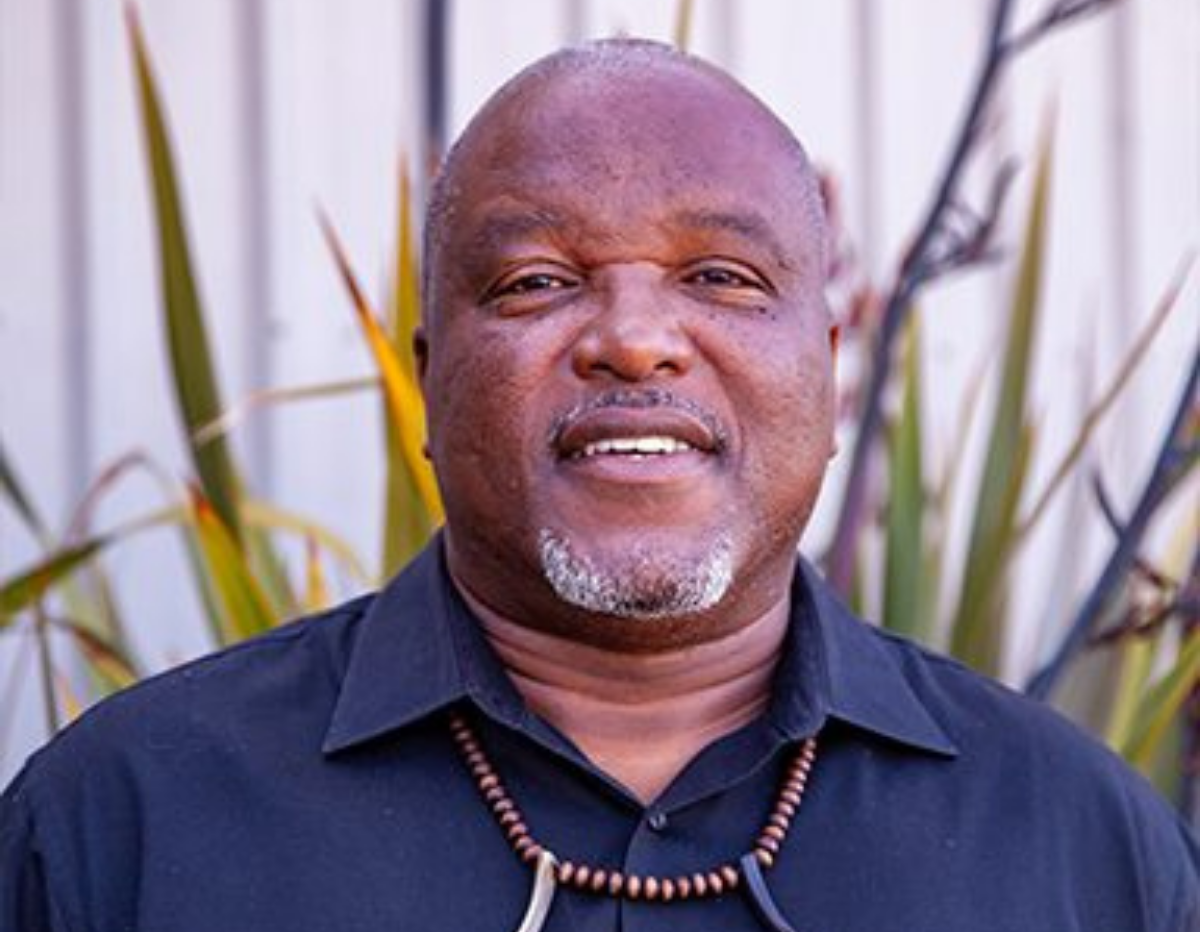
Troy Williams realizes he’s had some good luck in life. Not all good luck but some.
The vast majority of people who are incarcerated suffer trauma and harm that can sustain for a lifetime. There’s little opportunity to heal or repair the broken parts of their lives inside the system to then be ready to thrive outside it.
But Troy, one of the newest members of our Trauma & Healing Network, refused to be defined by his worst moment.
At an early age, he came to understand the added vulnerability he carried because he was Black in the U.S. When he was 7, Troy and his younger brothers were playing in the parking lot of a bowling alley when police took them into custody, accusing them of breaking into cars. He said they threatened to separate him from his brothers forever.
Again, he was 7.
But the way the officers treated him wasn’t unusual in an environment where the over-policing of Black boys was completely normalized.
His great-grandmother had taught him about racism and the threat of police. So when a group of gang members later chased him across town, he ran past the precinct and into a rival gang’s territory, where he was protected and soon became a member.
The shorter version of the story is that Troy did some of the things that gang members are well known for. He ultimately spent a long stretch of his life incarcerated because of his participation in a series of robberies.
In prison, Troy ultimately earned the reputation of a thinker. “There were a lot of men on the yard teaching me,” said Troy. “I learned the truth about our history.” He remembered one man who brought an entire duffel bag filled with books on history, philosophy, and legal issues. He thought he was supposed to pick one, but the man left the bag and told him to read everything. Through those books and stories, Troy seemed to discover a new perspective of himself as a Black man.
By the time he arrived at California’s notorious San Quentin facility, Troy was ready to be newly defined. He took his love of stories and got involved in a theater program, a creative writing class, and a film project. He also found restorative justice. “I found a way to mesh these two concepts.”
Troy regained his freedom in 2014 and he’s been incredibly busy since then. He built Restorative Media, his own company that tells stories about healing and resilience. Today, he is the communications manager for Legal Services for Prisoners with Children, a nonprofit organization. He serves on a variety of boards and speaks publicly about his experiences. And now he’s a part of the EJUSA family.
“To be connected with other people that have gone through the system and been impacted by it, and are working to overcome it is powerful and meaningful,” said Troy. “And it’s important for the work to be done in our community.”
He believes media can play an important role and give Black and brown youth that changed perspective he got from the duffel bag of books. “These are images I want young people to have instead of what’s in the media now. Our people need examples of people who have overcome.”
Given all that Troy has been through, the work he has invested in himself, it’s hard to imagine a person better suited to telling these stories.
“If you look at me and all the great work that I’ve done,” he said, putting air quotes around ‘great work,’ “well, I’m just getting started. There’s other people who have guided me and are doing way bigger stuff. I’m not minimizing my work, but I’m elevating the shoulders I stand on.”



